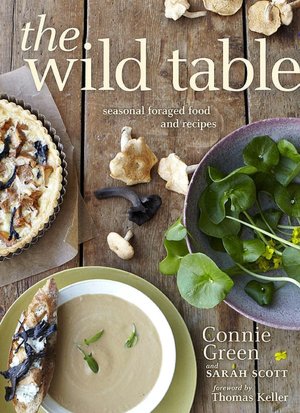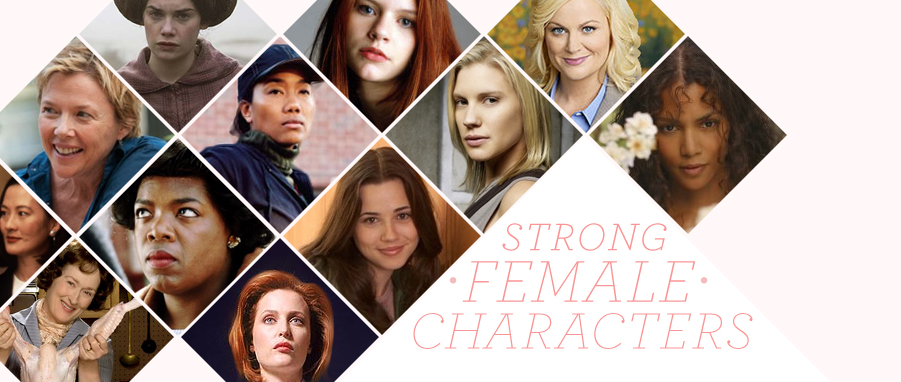My love affair with New York City was ill-fated from the start. My husband Jake and I lived in the apartment of our dreams, but far from within our means. We had a washer and dryer. A large kitchen. Two bathrooms. A balcony with a view of the entire Manhattan skyline. My friends called it a “sitcom apartment.” Real people don’t live in spaces like those, not in New York City, especially not when they’re newlyweds just starting out. I had hoped to seduce the city with this slick and confident façade, instead I just doomed myself to working two jobs to make the rent. I worked extra hours at a coffee shop, in retail, babysitting---mostly to the benefit of my two cats, who would luxuriate all day in generous rectangles of sunlight and chatter at pigeons thru the floor to ceiling windows. After fifteen months we decided not to renew our lease. I mourned the loss of what could have been by eating: my last sandwich from the Brooklyn Larder. My last cocktail at Prune. My last espresso at Third Rail. In the days leading up to the move, revisiting my favorite restaurants and grocery stores became a bitter end to a whirlwind affair. Visiting these places mirrored those last passionate efforts a couple undertakes before they bury their relationship, except that for my part, the breakup sex was a meatball sandwich. It all ended for good as I crossed the Verazanno Bridge in a Budget rental truck, nibbling frantically at my final almond croissant from the Park Slope Food Co-op.
We settled into our new home in the foothills of the Blue Ridge Mountains, into my dad’s hunting cabin on fifty acres of beautiful farmland in Western Virginia. Though we had physically moved on, I still couldn’t get over New York. I missed the city. I still loved it there. I tried telling myself it just didn’t work out. It was for the best. I force-fed these bitter incantations to my starving, broken heart. I was still hungry.
It was what I had asked for, really. I had cheated on New York. I had always harbored farmland fantasies. When we finally left the city, we took with us the two cats, the truckload of IKEA furniture, the pots and pans, and clothes, and books. But the heaviest box was no real box at all. It was our idea of what this move should be---an imaginary vessel for our expectations, across which we would have scrawled, “handle with care” and “fragile” if we could have. Our specific idea of how we wanted our life to be in Virginia was complete with vegetable gardens, home-brewed beer, and lazy rocking in rocking chairs. Bubble wrapped and coddled in newspaper, we hoped these dreams would survive the trip.
The move was exciting at first. For once in our lives we actually had a nearer chance of pursuing the benchmarks of rural lifestyle that are luxuries to urban denizens. In our old neighborhood of Crown Heights, for example, hopes for a vegetable garden were limited to a forlorn terracotta pot on the balcony. There was no space for home-brew equipment in the kitchen. Between the rent and the groceries, I couldn’t spare a cent to splurge on a nice wooden rocking chair nor the time to spend idly rocking. New York City was a dead sprint. We wanted to stroll.
The expanse of time and space we found in Virginia was not unlike the void one finds in life after the departure of a loved one: Unstructured days washed over us with opportunity and freedom. Our schedules had always been measured down to the thimbleful in New York. Now each day was like plunging into a dunk tank the size of a reservoir. We adjusted over time. We slept through the too-quiet nights with help from a rattling fan. We started a garden. I began home brewing (though it was kombucha, not beer), and I even found an old rocking chair in the attic. Yet I still couldn’t let go of New York entirely. I needed something powerful to free me from memories of that shattered romance. I needed a rebound.
That rebound, for me, was the morel mushroom. The mystique of this cherished and hard-to-find fungi impressed my imagination and evolved into a symbol necessary to attaining “the good life.” The morel was the materialization of our new life chapter, I thought. To me it was strange and wild; a delicious and rare thing that couldn’t be cultivated, only found.
All that, and yet, I had never even tasted a morel. I hadn’t even seen a fresh one in person. I had only hunted down websites in search on foraging tips, read about trained mushroom hunting dogs imported from Europe, and studied images of the morel’s pitted, alien looking surface from my glowing computer screen. The closest I had come to any was in dehydrated form, which I examined through a crinkling plastic bag at the Park Slope Food Co-op. Despite this distance, somewhere between the Brooklyn Bridge and the foothills of the Blue Ridge, I began my desperate, heartsick affair with the morel. The stakes were high: For the move from Brooklyn to the cabin to be a good life choice, I really needed to find some effing morels.
Here’s the scene of my self-affirming mushroom fantasy, which played on a loop in my mind during those first hard weeks at the cabin:
It begins at dawn the day or two after a thunderstorm. The air is warm, a little humid. The birds are chirping, the insects trilling, the whole forest lit up by a golden sunrise pouring through the trees . . . You get the idea---it’s perfect. Jake and I are slowly walking through the woods, pausing at the base of trees to carefully overturn fallen leaves. A straw hat and wicker basket fix prominently in this dream scene, too, their charm and utility reassuring my every careful step. We round the trunk of a massive tree, and then . . . morels are everywhere. It’s like an Easter egg hunt, except the kind for little kids where the plastic eggs are just tossed out on the lawn. It’s like someone just smashed open a forest-sized piñata that was filled with morels. It’s like . . . again, you get the idea. Time lapse to early evening. We’re at the edge of the woods cooking the mushrooms in a big cast iron pan. Cue the triumphant orchestral music as the pan sizzles and the butter pools. The morels are cooked and golden. The field is golden. The whole world is golden. We eat our happiness on golden toast. We’re gonna be just fine, says the dream, we’re gonna be just golden.
Obviously I had a bit of a problem. Call it morel-induced neurosis. As silly as that dream sequence feels now, I can’t forget how urgent it felt then. The only release from the pressure of that absurdly vivid idealization of my new life at the cabin was . . . to make it happen. There were no alternatives. The morel was my only ticket, my golden one shot. My hunger for this food I had never tasted was strong and overwhelming. It sent me deep into Virginia where I wandered past creeks, through thick woods, past dirt roads and hillsides. While wandering and searching in the forest we found the skull of a baby bear, a wild turkey sitting on a nest of giant eggs, a serious toad, tons of fiddle heads, a field of bluebells. But no morels. Not one.
It would be weeks before the stars aligned. Eventually the weather shifted and the ground warmed. We learned about the land we were searching on, about the types of trees and the ideal spots for mushroom growth. Then it happened---we hit the mushroom jackpot all at once. They were everywhere, just like in the dream. Huge, meaty, rich. Delicious. We returned to the cabin and cooked the morels in a skillet with butter. I ate so many but I hardly recall their taste now, it was something like bacon and earth. Like minerals and meat.
The rebound worked, at least for a while. I forgot about New York and the meatball sandwiches and almond croissants and espresso. I focused instead on what was before me now. This new love affair didn't make all of my insecurities about moving dissolve, but at least it made them more palatable.



































